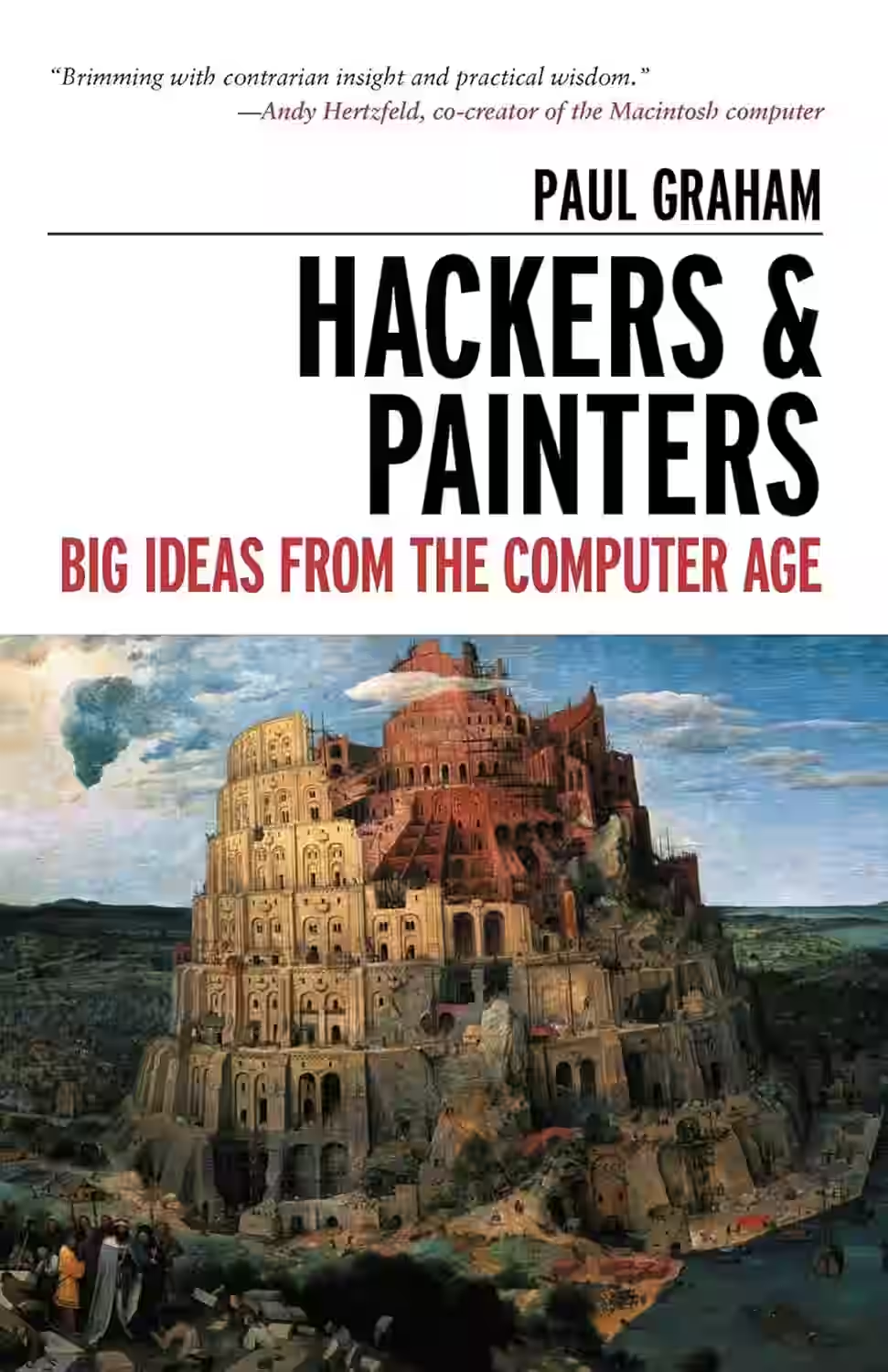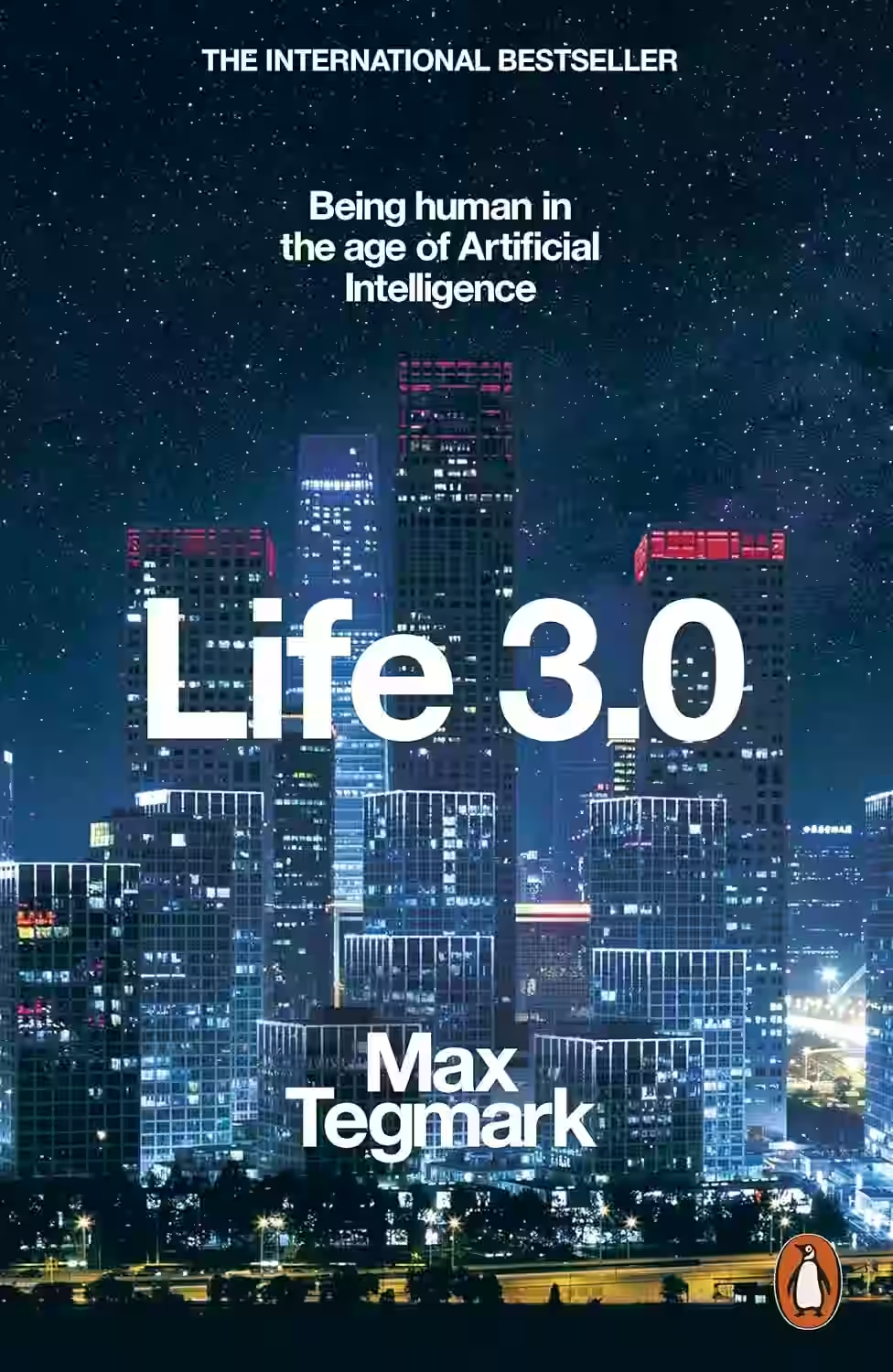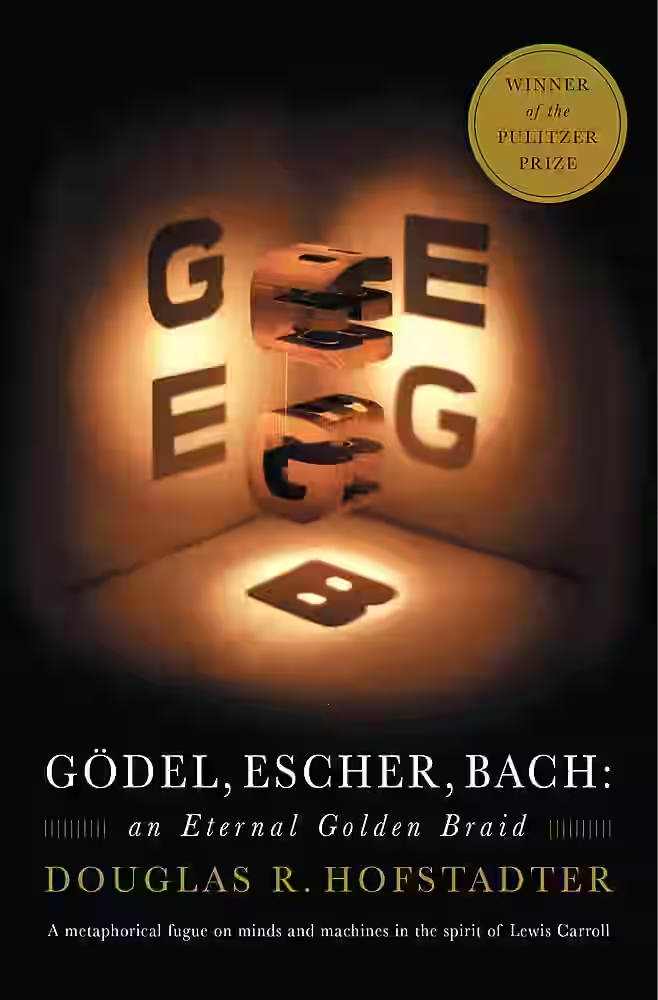Computer Science
Computer Science books explore various aspects of computing, programming, algorithms, and technology. They provide in-depth analysis, practical insights, and theoretical foundations of computer systems.

Hackers & Painters: Big Ideas from the Computer Age
by Paul Graham
In 'Hackers & Painters: Big Ideas from the Computer Age' by Paul Graham, the author delves into the intriguing world of computer programming, exploring the connections between coding and artistry. Graham discusses the hacker mindset, entrepreneurship, and the impact of technology on society. Through engaging essays, he challenges conventional thinking and offers unique insights into the tech industry. Graham's writing is accessible and thought-provoking, making complex topics understandable to a wide audience. This book is a must-read for anyone interested in the intersection of technology, creativity, and innovation.

Life 3.0: Being Human in the Age of Artificial Intelligence
by Max Tegmark
In Max Tegmark's insightful book 'Life 3.0: Being Human in the Age of Artificial Intelligence', readers are taken on a fascinating journey exploring the implications of Artificial Intelligence on humanity's future. Tegmark delves into thought-provoking questions about consciousness, ethics, and the socio-economic impacts of AI. Through engaging prose and thorough research, he presents various scenarios of how AI may shape the world and challenges readers to contemplate what it means to be human in a technologically advancing society. 'Life 3.0' offers a balanced view of the promises and perils AI brings, making it a compelling read for anyone interested in the intersection of technology and humanity.

Godel, Escher, Bach: An Eternal Golden Braid
In 'Godel, Escher, Bach: An Eternal Golden Braid', Douglas Hofstadter weaves together the enigmatic works of mathematician Kurt Godel, artist M.C. Escher, and composer Johann Sebastian Bach to explore the interconnectedness of logic, art, and music. Through a series of engaging dialogues, thought experiments, and puzzles, Hofstadter delves into complex concepts such as recursion, self-reference, and consciousness, challenging readers to ponder the nature of intelligence and creativity. This Pulitzer Prize-winning book is a masterful blend of philosophy, mathematics, and art that invites readers on a mind-bending journey through the mysteries of human cognition and the limits of formal systems.